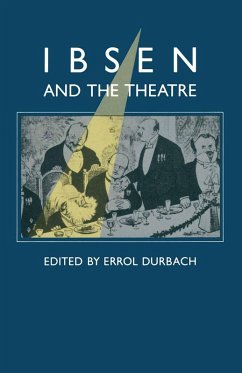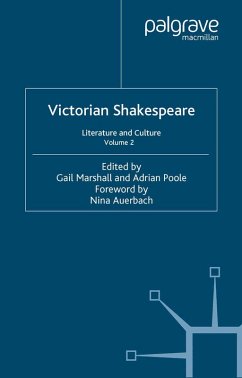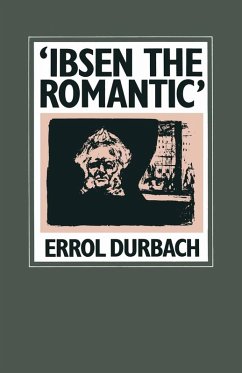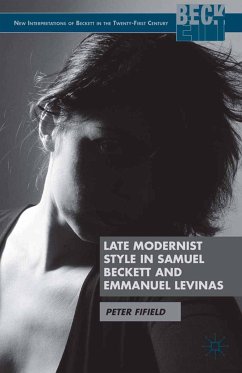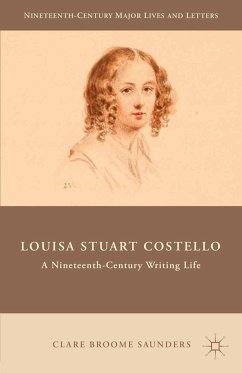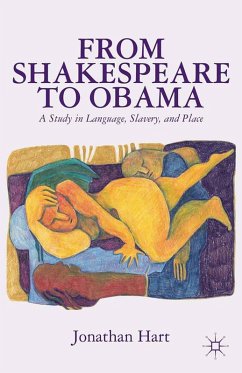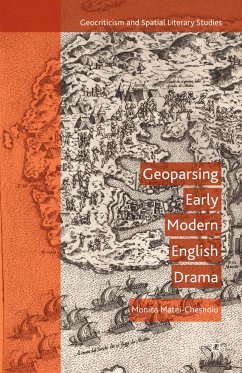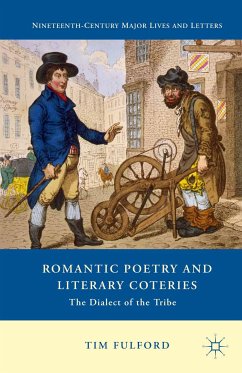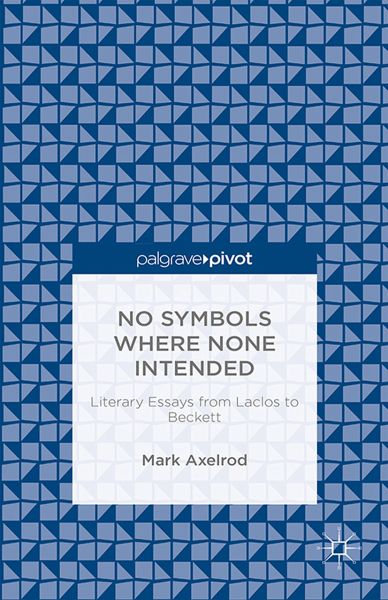
No Symbols Where None Intended: Literary Essays from Laclos to Beckett (eBook, PDF)
Versandkostenfrei!
Sofort per Download lieferbar
64,95 €
inkl. MwSt.
Weitere Ausgaben:

PAYBACK Punkte
32 °P sammeln!
An homage to Nabokov's Lectures on Literature, this collection of essays sheds new light on canonical authors such as Ibsen, Beckett, and Strindberg. Using style and structure as the connective thread, Mark Axelrod joins a wide and deep conversation on writers on writing.
Dieser Download kann aus rechtlichen Gründen nur mit Rechnungsadresse in A, B, BG, CY, CZ, D, DK, EW, E, FIN, F, GR, HR, H, IRL, I, LT, L, LR, M, NL, PL, P, R, S, SLO, SK ausgeliefert werden.




